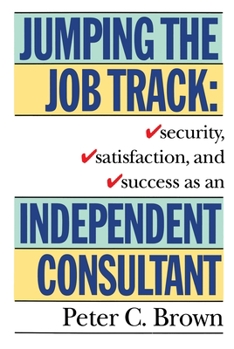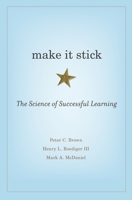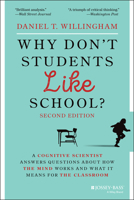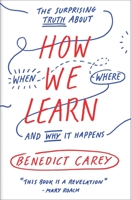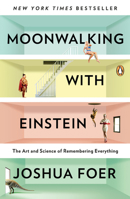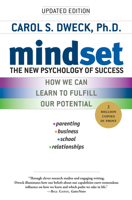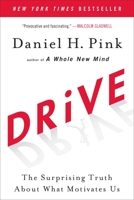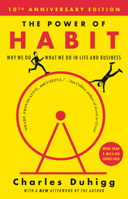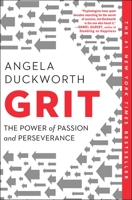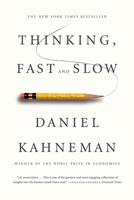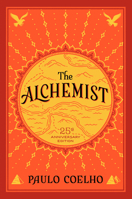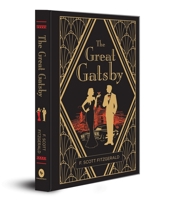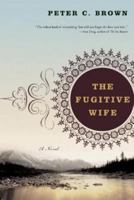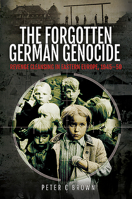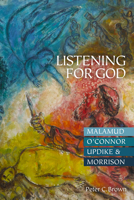Jumping the Job Track: Security, Satisfaction, and Success as an Independent Consultant
Select Format
Select Condition 
You Might Also Enjoy
Book Overview
Customer Reviews
Rated 5 starsHandbook for the career of your dreams.
All the time people ask me about going out on their own. This is the book I make them read before I spend my time talking to them. Tells the inside story of how to make your dream real, or whether to keep on dreaming
0Report
Rated 5 starsA wonderful, stimulating book
When I made the switch from advertising account executive to poet it was intricate; the transition continues to be challenging, thought quite pleasant and rewarding. Brown's book was certainly helpful, and I especially appreciated its assessibility, as well as its creative approach to solving problems. Helpful too, was the profile of Alexs Pate, someone who left the corporate arena to pursue freelance creative...
0Report
Rated 5 starsFor practicality, this is where the rubber meets the road.
Many books are inspiring, but this one goes beyond the dream stage. Brown not only tells how people really start up a home-based business, but he even gives the reader an occasional kick in the butt to get out there and do things right. Read this book before starting a business on your own, and then read portions of it again regularly to get back on track after the business has been started
0Report











